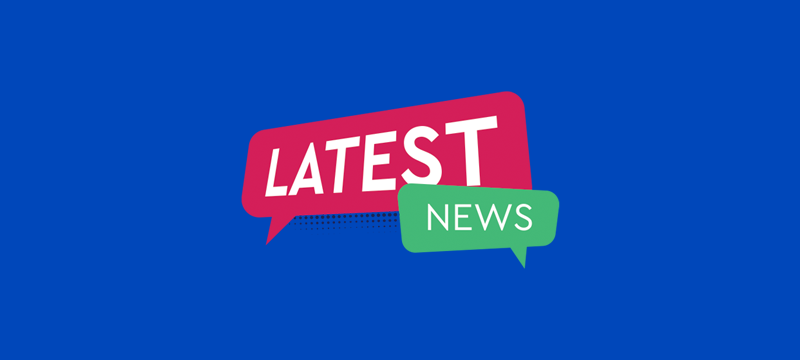Welcome to our latest round-up of news from the technology and hosting world. Here’s what we’ve discovered this week.
Touchy-feely cyber skin
Researchers at the National University of Singapore have developed artificial skin that is capable of sensing things it touches. The flesh-like membrane contains a network of tiny sensors, each connected to a single conductor that can feel temperature, texture, shape and potentially, pain.
Scientists see the skin being useful for both advanced robots and for people who wear prosthetics, the latter helping wearers to better sense their environments. In tests done so far, the invention has enabled robots to classify different objects simply by touch and even read Braille.
Time’s up for TikTok as Zuckerberg cashes in
Concerns that user data gathered by the TikTok app is being accessed by China has led President Trump to promise to ban the platform in the US. This has caused Microsoft and Twitter to start bidding for TikTok’s US and, potentially, global operations: a move that could be exceptionally lucrative for the technology giants.
Unfortunately, political wrangling between the US and China, as well as a multitude of legal and commercial obstacles, is making any purchase painfully slow. In a bid to take advantage, Facebook owner, Mark Zuckerberg, has gone ahead with the launch of Instagram Reels, Instagram’s own version of TikTok. As a result, shares in Facebook rose 6% last week and this made Zuckerberg only the third person, after Microsoft’s Bill Gates and Amazon’s Jeff Bezos, to amass a personal fortune of over $100 billion. If Reels takes off in the US and other western markets, Microsoft and Twitter may drop their bids for TikTok altogether.
Toshiba closes the lid on laptops
Twenty years ago, Toshiba was the largest manufacturer of computers in the world. Now, after 35 years at the forefront of laptop technology, it has left the market for good, selling its remaining shares in the manufacturer, Dynabook, to fellow Japanese tech giant, Sharp.
Toshiba launched its first laptop, the T1100, back in 1985 and, in the proceeding years, saw its share of the market grow considerably. By 2011, it was selling nearly 18 million PCs a year; however, competition from the growing number of other manufacturers saw figures slump to less than 1.5 million units by 2017.
The exit from the laptop market is part of a wider withdrawal from information technology, with the company also planning to sell its 40% share of Kioxa Holdings which manufactures flash memory chips.
Most organisations attacked in the last 12 months
Startling results from a survey of IT security professionals undertaken by Tenable found that 96% of UK organisations had suffered a major cyberattack in the last twelve months and that 63% have seen a rise in the number of serious attacks.
A prominent target of these attacks, affecting 65% of respondents, was on operational technology. At the same time, there were large numbers of organisations who have seen employee data stolen and experienced financial theft, and these have suffered financial loss and fewer customers as a result.
Worryingly, only 40% of respondents could answer, with confidence, how secure their organisations were. According to Tenable, organisations need a cybersecurity strategy that goes hand in hand with innovation and which is embedded in all areas of a company’s decision making and operations.
Boris leads UK to the cloud
In his bid to make the UK the world’s most digitally transformed nation, Boris Johnson is enabling all UK public sector organisations to start their own cloud-based projects. Organisations including government departments, local authorities, the NHS and educational establishments will be able to take advantage of the speed and scalability of the public cloud while ensuring that apps, workloads and personal and sensitive data remain secure.
Part of the government’s Cloud First policy, the initiative requires organisations within the public sector to consider cloud provision before other IT options when undertaking digital transformation. This has led the government to set up a digital marketplace on its website where interested organisations can find members of what it calls the G Cloud: service providers, like eukhost, that offer advanced, secure and compliant cloud services and expertise.
The aim of the G Cloud is to accelerate public sector digital transformation by helping government organisations find affordable, reliable and secure IT environments which meet both the needs of the public and which help address stringent compliance and security requirements.
Visit our website for more news, blog posts, knowledge base articles and information on our wide range of hosting services.



